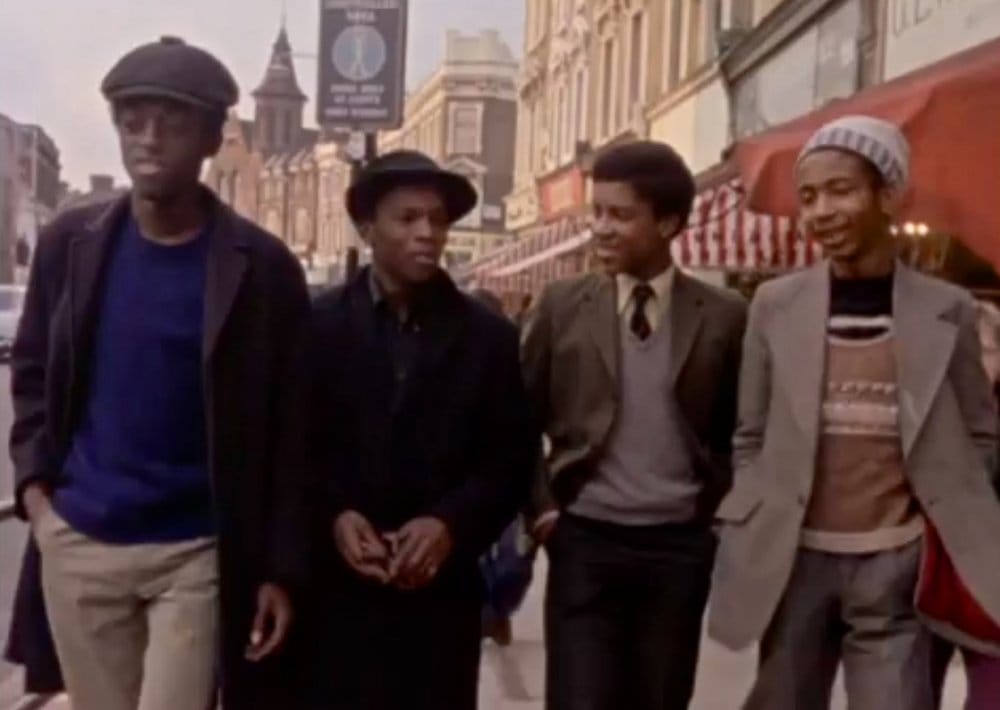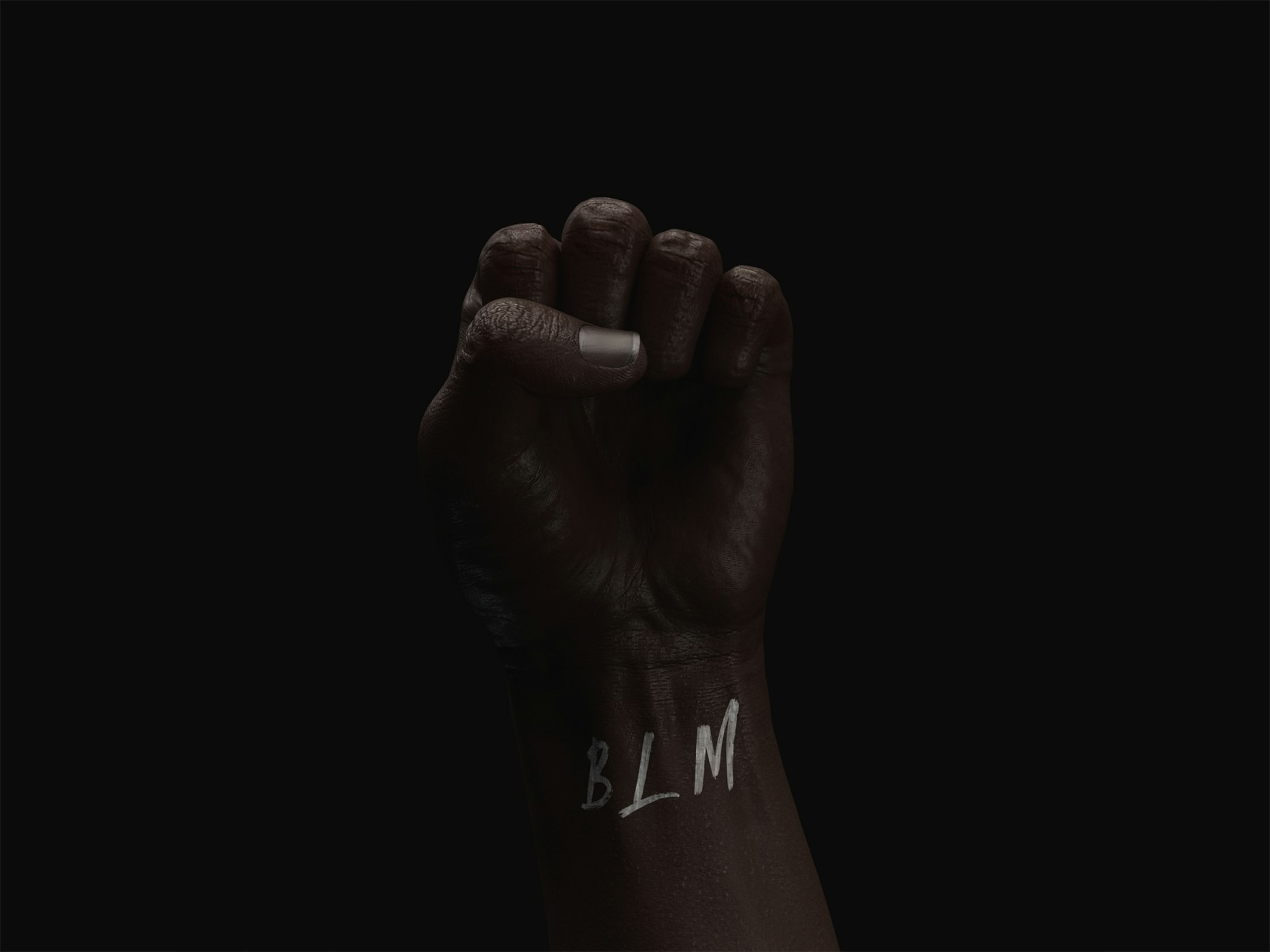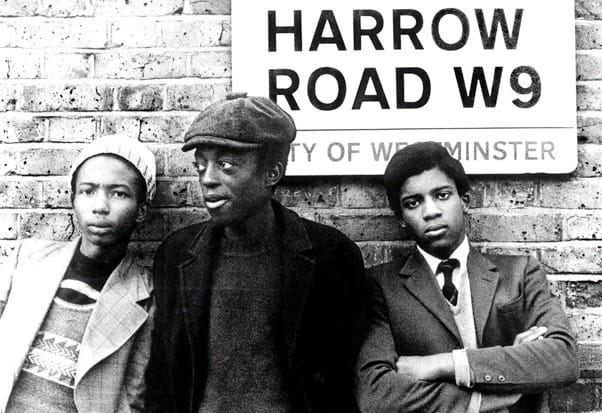By Isaac Vaughan, Second Year, English Literature
Horace Ové’s 'Pressure' (1976) is the first Black feature-length film of the UK and stands as a revolutionary cinematic piece in this regard. It was acclaimed upon release and is still popular today as its political messages against racial discrimination, unfortunately, remain relevant. The plot follows a Black British teenager, Tony (Norville), as he struggles to find a balance between his cultural roots in England and his family’s Trinidadian origin. We bear witness to a brutal cycle of activism, suppression, and protest that portrays 1970s Britain in a harrowing and unforgiving manner.
The film opens with shots of racially charged images and a bubbly reggae track talking about the “pressures” of living, setting the tone of the movie immediately. It then cuts to a frying pan cooking bacon and eggs as the singer repeats ‘blood pressure, blood pressure, blood pressure’ which, I can’t lie, cracked me up and was most certainly an intentional comedic cutaway. The opening scene sets the tone further as we see Bopsie (Lijertwood) cooking for Tony, and in the background, we hear two English radio hosts talking about their adoration for a Jamaican star. This opening does a terrific job of preparing you for the serious undertones of racial threat masked in ordinary circumstances, making you comfortable yet foreboding and tense.

Despite my enthusiasm for Pressure now, I must admit I wasn’t initially a fan of its cinematic aspects. Its low budget meant the performances were majorly non-actors, and this is apparent throughout. I felt this hindered the quality of the scenes, but in retrospect, I feel the complete opposite. The plot’s reliance on the characters’ relationships is emphasised in these rough performances, and I find the times when an actor stumbles over the script or performs unusually makes the film more human.
I loved Oscar James’ performance as Colin; whenever he’s on-screen he seems to have some private joke in his head. I found myself invested in his attempts to make Tony join his meetings, and I felt that he had some amazing lines, ‘I just can’t get him to think Black’ being one that stood out in his struggle with Tony’s cultural differences. John F. Landry’s performance as Mr Crapson is great at portraying the slimy, completely detestable racism that was rife in employers at the time, and his shocking haircut makes him even more unlikable. That being said, my greatest criticism is Lucita Lijertwood’s performance as Bopsie; they could have given her the most boring dialogue and she still would have been screaming in our ears. This is the only performance that I find irritating.

Pressure’s cinematography has really grown on me too. The intimate close-ups and zooms during pivotal character moments are one such aspect that I immediately noticed and loved from my first viewing. We get zoom-ins on Tony in numerous instances where his character experiences a defining moment, and we get shakiness in the more volatile and confusing circumstances like the Black Power meeting break-up. Britain’s grimy backdrop is pictured beautifully throughout the runtime and is assisted by the low-budget camera quality in its grittiness, contrasted with a jumpy reggae soundtrack which eases you into this grim atmosphere. There is a sense of emotional depth in this camerawork.
Though Pressure is not necessarily a casual film, I feel that this should not dissuade the casual viewer from one day watching it. I wasn’t initially a fan as I felt the plot and acting were uninteresting, but this is a film you need to think about in depth before you can make a verdict. It is undoubtedly a cinematic experience you will remember.
How relevant do you feel Pressure remains today?







